Spring Hill, TN – In a historic move signaling a shift in the American auto industry, General Motors announced a $4 billion reinvestment across three U.S. plants—including a major investment in its Spring Hill facility in Tennessee. The move brings thousands of good union jobs back to the South and underscores the rising power of autoworkers in a region long written off by corporate America.
“This is a big deal for Spring Hill,” said UAW Region 8 Director Tim Smith. “For decades, corporations offshored jobs and left blue-collar communities behind. But now, because of worker organizing and fair-trade policies like auto tariffs, GM is finally putting money back where it belongs—in union plants, with American workers.”
The UAW has long called for an end to the unfair trade practices that allowed automakers to offshore U.S. jobs, slash wages, and shutter dozens of once-thriving plants. More than 2 million vehicles a year have disappeared from American production lines over the last decade, while factories across Mexico and low-wage regions flourished under an exploitative trade system.
“Southern workers have always had the skill, the pride, and the fight—it’s just the companies that needed to end their race to the bottom,” said UAW Local 1853 President John Rutherford. “This investment in Spring Hill will mean more people with access to great wages and benefits and the protections of a union contract.”
Spring Hill is already home to a growing UAW membership, and workers there played a key role in last year’s Stand Up Strike, which won historic gains in wages and job security.
“Spring Hill has always delivered,” said UAW Local 1853 Chairman Jason Spain. “Now we’re getting the chance to use our extra capacity to build even more. The Blazer’s coming to Spring Hill, and we’re fired up to get to work.”
The UAW continues to call for a broader industrial strategy that includes strong trade protections, enforceable labor standards across borders, and an end to Wall Street-driven profit hoarding. The union’s demands include:
- Tariffs on imported vehicles and parts to prevent job offshoring.
- A renegotiated USMCA with a North American minimum wage and enforceable labor rights.
- Reshoring of the parts supply chain and domestic manufacturing investment.
- A ban on stock buybacks and greater reinvestment in American workers.
The UAW leaders say this investment by GM is a step in the right direction—but there’s much more work to do. To truly end the race to the bottom, we need enforceable protections for workers both in the U.S. and abroad. That means real rights on the job, the freedom to assemble and organize, and strong unions across borders. Trade policy without labor rights is just corporate welfare—and we won’t settle for that.





UAW Statement on New York Mayoral Primary Race
UAW President Shawn Fain on NYC Mayor’s Race: “We don’t need another hack politician like Cuomo”
UAW Hails Decision of Federal Judge to Restore Terminated NIH Grants